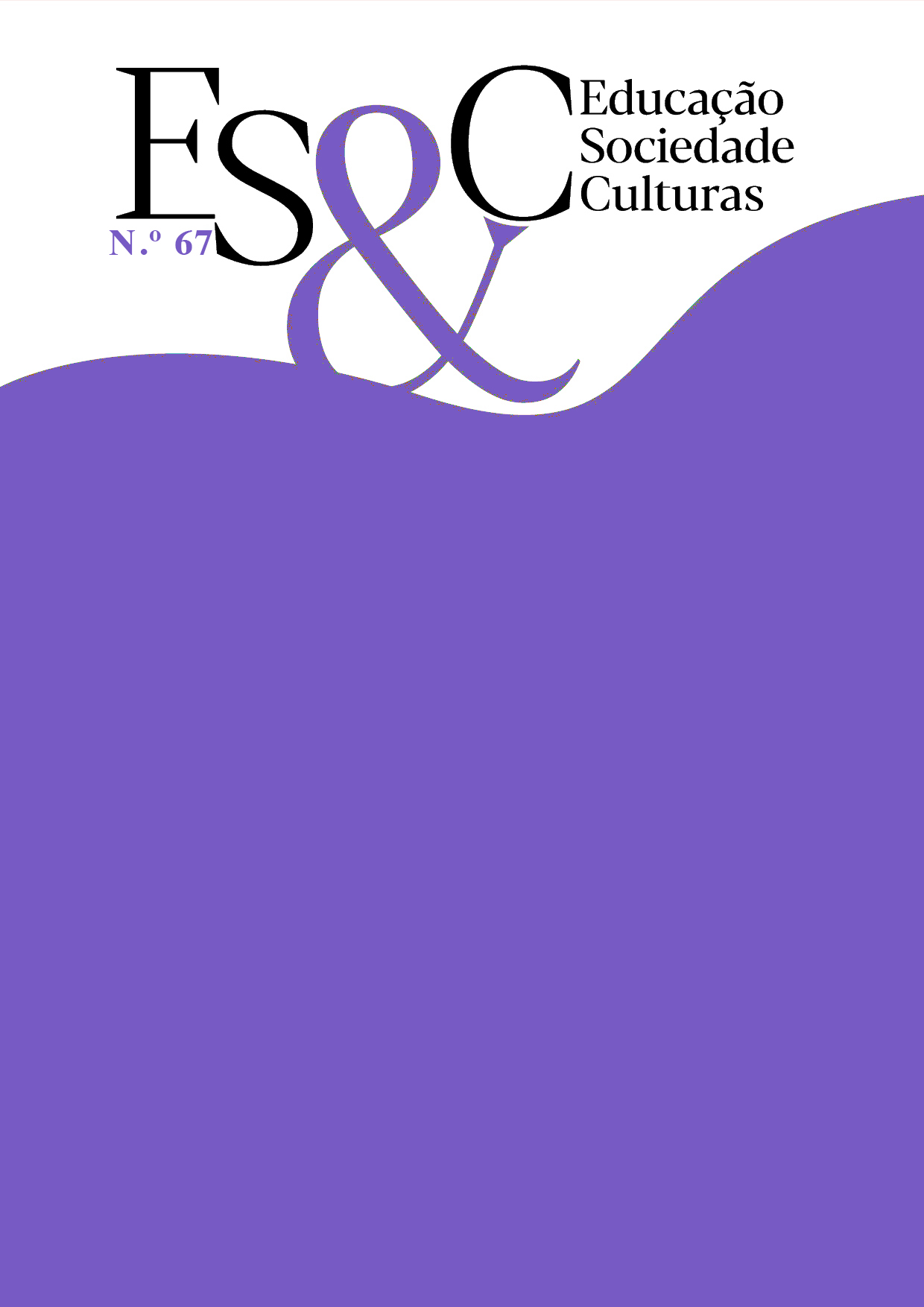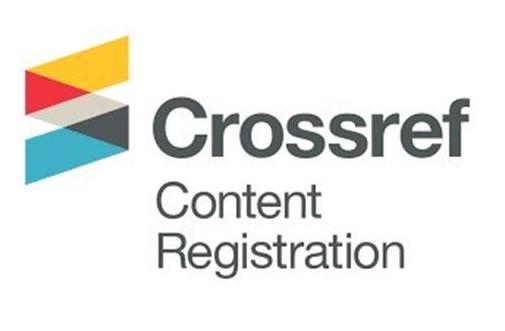CALL FOR PAPERS | Educação, liberdade e democracia: Celebrar 50 anos do 25 de abril
Número especial da Educação, Sociedade & Culturas
EDUCAÇÃO, LIBERDADE E DEMOCRACIA: CELEBRAR 50 ANOS DO 25 DE ABRIL
Submissão de artigos (até 8000 palavras incluindo referências): até 30 de junho de 2024
Publicação: 2024
Os/As Editores/as
Sofia Marques da Silva, CIIE/FPCE, Universidade do Porto, Portugal
Sofia Castanheira Pais, CIIE/FPCE, Universidade do Porto, Portugal
Armando Loureiro, CIIE, Universidade de Trás-os-Montes e Alto Douro









